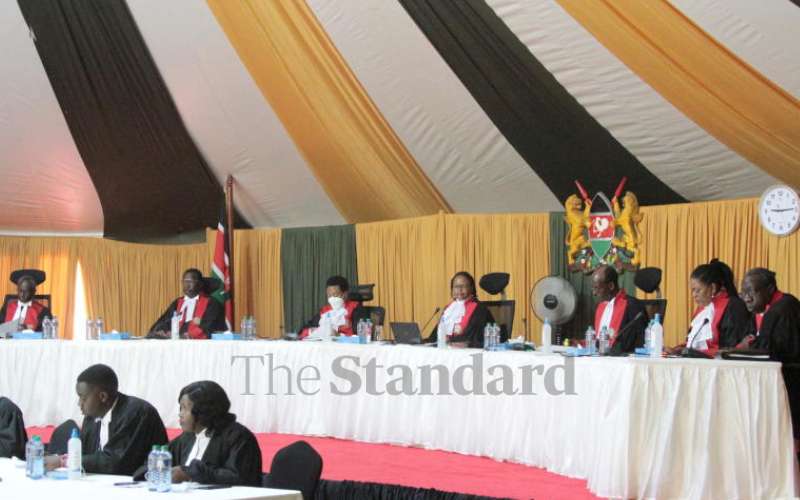×
The Standard e-Paper
Kenya’s Boldest Voice

The BBI judgment did its best to prove wrong those people who portend to predict judicial outcomes. [File, Standard]
The Supreme Court of Kenya rendered its awaited verdict on the Building Bridges Initiative (BBI) last Thursday.